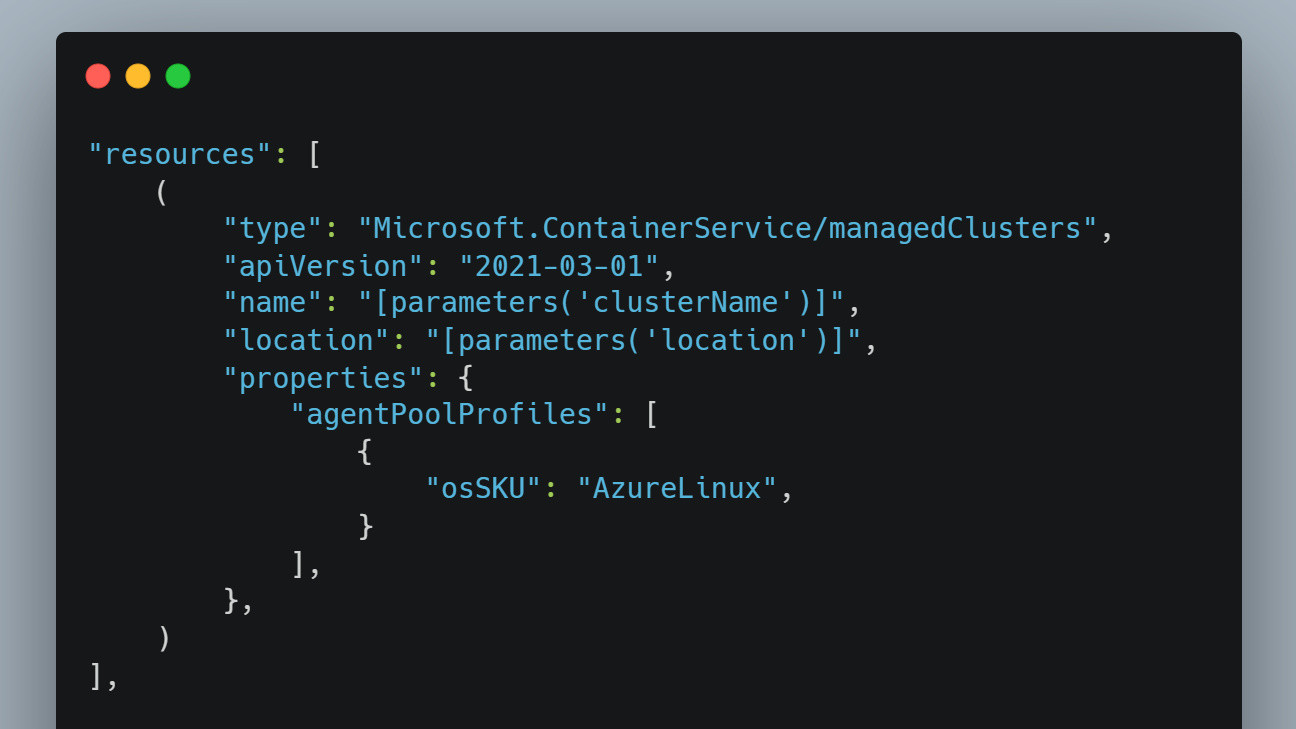
What you need to know
- Microsoft recently released a Linux distribution for Azure server environments.
- The Azure Linux Container host was designed to be lightweight, secure, and reliable.
- While Azure Linux container host for AKS is built for servers and not desktops, it is still noteworthy that Microsoft made its own Linux distribution.
Yes, in a typical Microsoft naming fashion, the title of Microsoft's first Linux Distribution isn't "Fedora" or "Ubuntu," but rather something very descriptive. While technically a Linux distribution, it is not intended for desktop use but rather serves a specialized role in Azure server environments.
To provide some context, Kubernetes is a tool that helps manage and deploy applications in a more efficient way. It helps developers focus on writing code rather than worrying about the underlying infrastructure. Previously, it would be normal for developers to either learn how to set up a server, a database, and a lot more besides just focusing on coding or to have a dedicated person in-house who would set it all up for them.
The Azure Linux container host for AKS is a lightweight, secure, and reliable OS platform optimized for performance on Azure.
Jim Perrin, Microsoft
Many years later, developers can now pull up a few "LEGO" pieces together as Kubernetes's containers, and voila, the system is ready for development. Naturally, both the containers (Docker) and the Kubernetes orchestration engine also need to sit on something, namely an operating system, and that is where Linux is needed.
The newly named Azure Linux Container host is a barebone Linux distribution completely made in-house by Microsoft and is specialized for use on Azure. Key points are lightweight, secure, and reliable. While this is another big step for Azure, don't expect a desktop Linux distribution from Microsoft anytime soon.
For a thorough breakdown, check out Microsoft's full introduction to the Azure Linux container host for AKS.







